The Polish People's Party is an agrarian political party in Poland. It is currently led by Władysław Kosiniak-Kamysz.
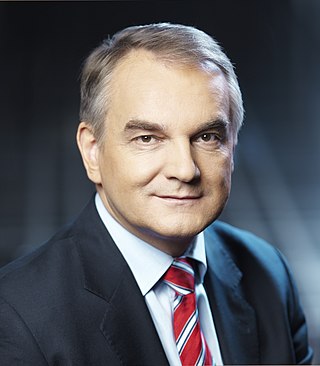
Waldemar Pawlak is a Polish politician. He has twice served as Prime Minister of Poland, briefly in 1992 and again from 1993 to 1995. From November 2007 to November 2012 he served as Deputy Prime Minister and the Minister of Economy. Pawlak remains Poland's youngest prime minister to date.

Wincenty Witos was a Polish statesman, prominent member and leader of the Polish People's Party (PSL), who served three times as the Prime Minister of Poland in the 1920s.
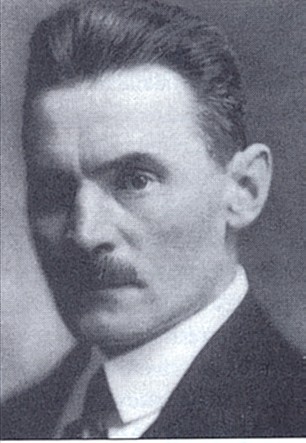
Jan Dąbski was a Polish politician.
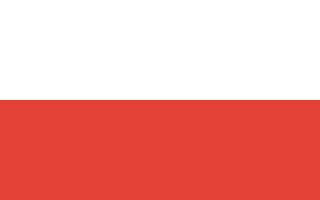
The Provisional Government of National Unity was a puppet government formed by the decree of the State National Council on 28 June 1945 as a result of reshuffling the Soviet-backed Provisional Government of the Republic of Poland established by the Polish Workers' Party through inclusion of politicians from the close political sphere of Stanisław Mikołajczyk, the former prime minister of the Polish government-in-exile based in London. Inclusion of the latter group provided an excuse for the Western allies to approve tacitly the fait accompli of Poland becoming part of the Soviet sphere of influence, and to legitimise the Warsaw government while withdrawing their recognition of the Polish government-in-exile.
AKS Chorzów is a sports club based in Chorzów, Poland. It is one of the earliest sports organizations in Upper Silesia and is still well known nationally for its football and handball teams. The club also made its mark on the international stage: Halina Richter-Górecka was part of the gold medal-winning women's 100m relay team at the 1964 Tokyo Olympic Games; tennis player Danuta Wieczorek appeared at Wimbledon as a junior.
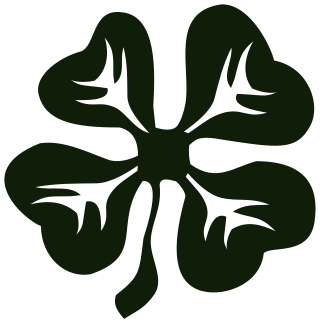
The People's Party was a Polish political party, active from 1931 in the Second Polish Republic. An agrarian populist party, its power base was mostly farmers and rural population.
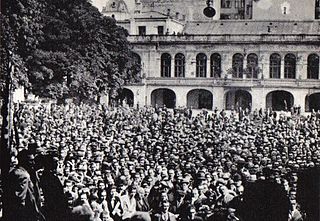
The Centrolew was a coalition of several Polish political parties after the 1928 parliamentary election. The coalition was directed against Józef Piłsudski and the Sanation government.
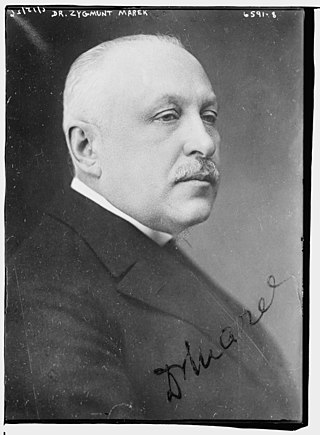
Parliamentary elections were held in Poland on 4 March 1928, with Senate elections held a week later on 11 March. The Nonpartisan Bloc for Cooperation with the Government, a coalition of the Sanation faction - won the highest number of seats in the Sejm and 48 out of 111 in the Senate–in both cases, short of a majority. Unlike latter elections during the Sanation era, opposition parties were allowed to campaign with only a few hindrances, and gained a significant number of seats. The 1928 election is often considered the last fully free election in the Second Polish Republic.
Polish Peasant Party "Wyzwolenie" or Polish People's Party "Wyzwolenie" — Wyzwolenie is Polish for Liberation, and many sources translate the party's name fully as Polish Peasant Party "Liberation" or Polish People's Party "Liberation" — was a political party from the interwar period of the Second Polish Republic (1915–1931).

The Peasant Party was a Polish political party, active from 1926 to 1931 in the Second Polish Republic. It was created from a faction of Polish People's Party "Wyzwolenie" of Jan Dąbski, the Agrarian Union and People's Unity. It supported the May Coup of Józef Piłsudski in 1926, but then it moved to opposition, with some politicians splitting off in protest. In 1928, it joined the Centrolew coalition. In 1931, it merged back with PSL Wyzwolenie and Polish People's Party "Piast" forming the People's Party.

Czesław Wycech (1899–1977) was a Polish activist, politician and historian. He was a member of the Polish peasant's parties: the Polish People's Party "Wyzwolenie", the People's Party, the Polish People's Party, and the United People's Party. During World War II he was a member of the Polish Underground State, responsible for organizing underground education. He was the Minister of Education in the Council of National Unity (1945–1947). Within the People's Republic of Poland, he was a member of the Polish parliament (Sejm) and also held other governmental posts.
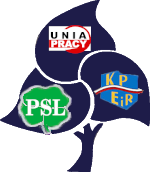
The Social Alliance was an electoral coalition created for the 1998 Polish local elections. Formed on 27 June 1998, the Social Alliance included the Polish People's Party along with its smaller left-oriented party partners, such as the Labour Union, the National Party of Retirees and Pensioners, the Self-Defence of the Republic of Poland and few members of Alliance of Democrats (Poland). The party represented the "independent left" that challenged the anti-communist and pro-communist dichotomy of Polish politics while maintaining a strongly leftist profile inspired by pre-WW2 socialist and agrarian movements. It protested against the capitalist reforms carried out in Poland such as austerity, criticizing them for creating massive wealth inequality. Nevertheless, the coalition cooperated with the post-communist Democratic Left Alliance as well as the Polish Socialist Party.

The Polish People's Party existed in post-World War II Poland from 1945 to 1949. In a period of increasing solidification of communist power in Poland but with the political system retaining some formal adherence to multiparty democracy principles, the PSL was a broadly left-wing non-communist party that was not allied with the communists. The PSL was defeated by the communist-based bloc in the rigged legislative elections of 1947.
The Polish People's Party is a Polish agrarian political party.

Polish People's Party Nowe Wyzwolenie also known as the Polish Peasant Party Nowe Wyzwolenie was a political party founded in Warsaw on 9 June 1946 in Poland soon after the defeat of Germany in World War II. PSL "Nowe Wyzwolenie" formed a few months before the USSR took political control over the country, and was a Polish Worker's Party (PPR) inspired split from the Polish People's Party (PSL) opposed to the Deputy prime minister Stanisław Mikołajczyk.
The Polish People's Party "Left" was a political party in Poland.

The Union of European Democrats is a liberal political party in Poland. It is led by Elżbieta Bińczycka.

Irena Kosmowska was a Polish educator and politician. She was one of the first group of women elected to the Legislative Sejm in 1919, serving in parliament until 1930.












